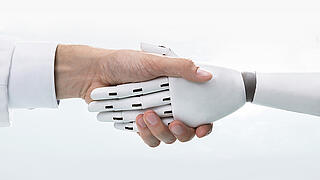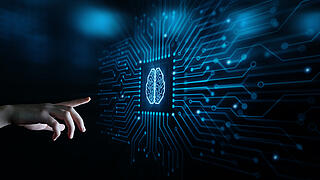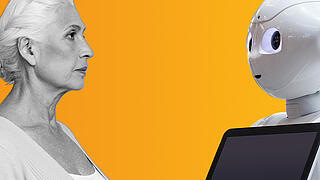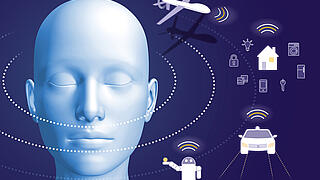Computers are becoming increasingly smaller, more powerful and versatile. Advanced sensors, networking options and learning algorithms enable computerised devices to react quickly and precisely to their environment by analysing a wide range of data. This results in seemingly intelligent systems and software applications that are often summarised under the term “artificial intelligence” (AI). For example, AI-supported algorithms provide medical diagnoses and administrative decisions, are found in educational software, and determine which content is displayed to us on social media. Furthermore, advances in robotics make it possible to integrate AI systems into machines that can interact directly with the physical world. In many places, care and service robots, networked household appliances, self-driving cars and autonomous weapon systems have been in use for long.
Increasing digital penetration has far-reaching effects on many areas of everyday human life. Socio-technical data ecosystems are emerging with comprehensive representations of the movements, actions, characteristics and preferences of many people. The availability of such digital images, their use for recommendations and interacting with machines that appear to independently learn, decide and act is having repercussions on human self-understanding and interactions.
The ethical, legal and social challenges arising from these developments are manifold. They range from the question of who bears responsibility for machines, to the definition of criteria that algorithms should take into account, to the handling of collected data and protection against the misuse of autonomous systems. It is also discussed whether central anthropological concepts such as intelligence, reason, autonomy and responsibility should be reserved for humans or whether and under what circumstances they could also be attributed to machines. Another central topic is the extent to which human opportunities for action and development may be influenced, positively or negatively, by the increasing delegation of tasks and decisions to machines.
![[Translate to English:]](/fileadmin/_processed_/2/3/csm_shutterstock_1182667219_web_6f88085f26.jpg)






